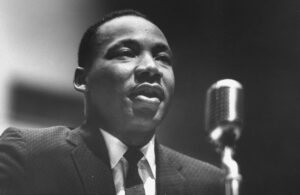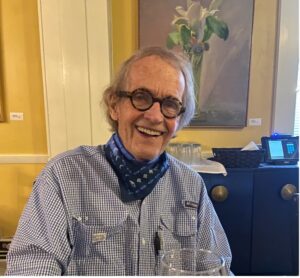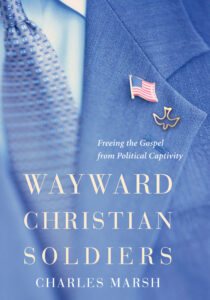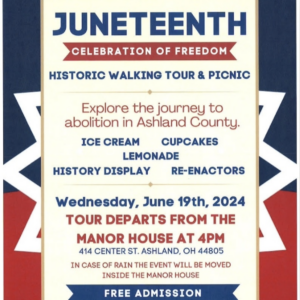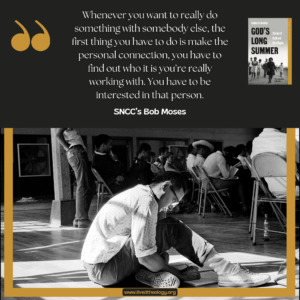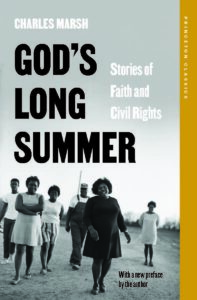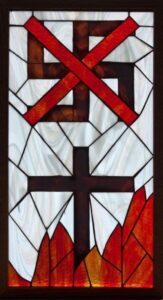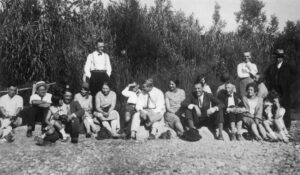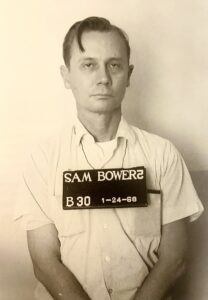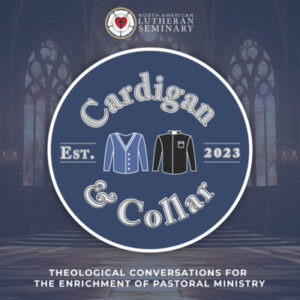
Bonhoeffer’s Journey to a Concrete Theology: A Conversation with Dr. Charles Marsh (Part 2)
April 23, 2025
In this second part of our conversation with Dr. Charles Marsh, we dive deeper into the moments that shaped Dietrich Bonhoeffer’s vocation as a pastor theologian. From Harlem to Rome to a Benedictine monastery in Bavaria, we explore how Bonhoeffer’s encounters with global Christianity—and especially the Black Church in America—inspired his vision of a concrete, lived theology. Read More


